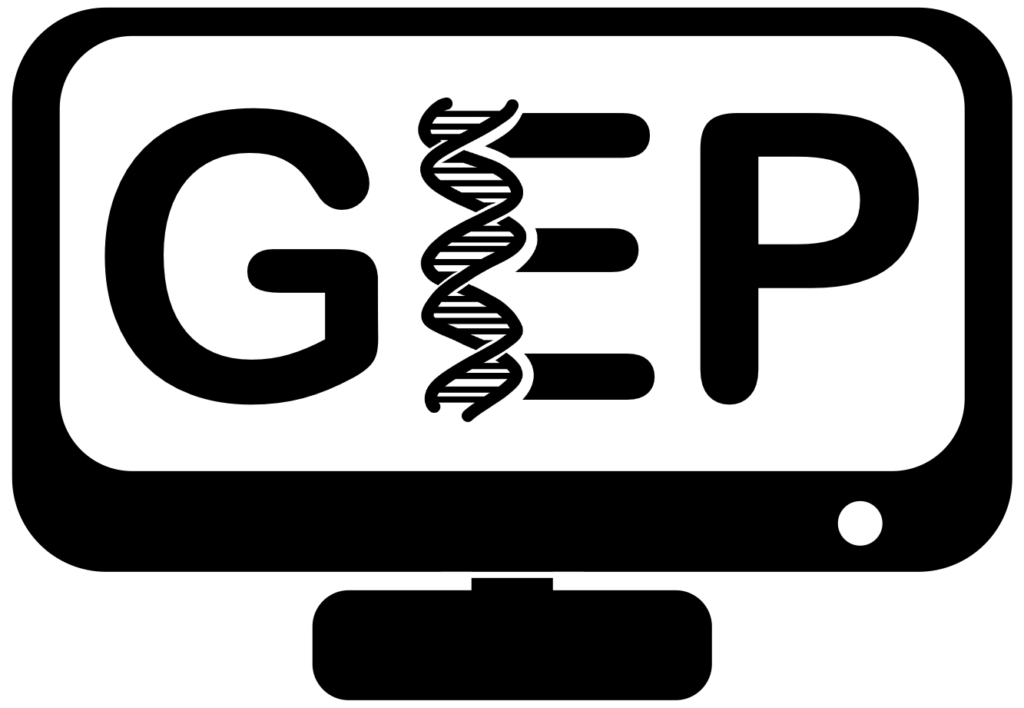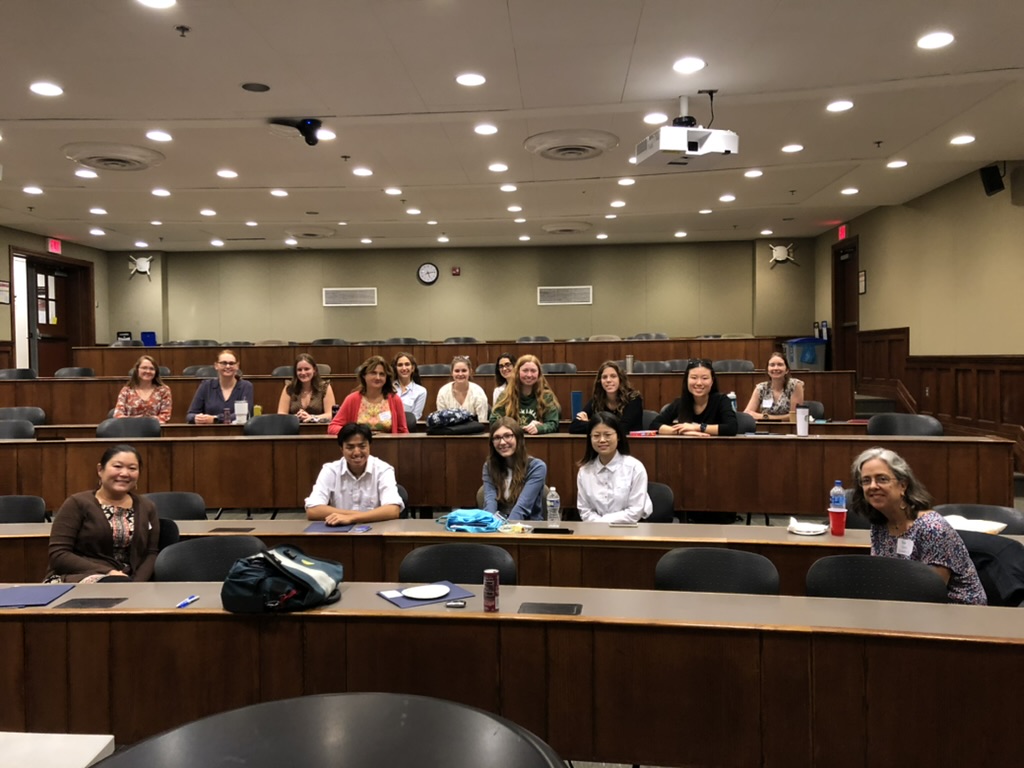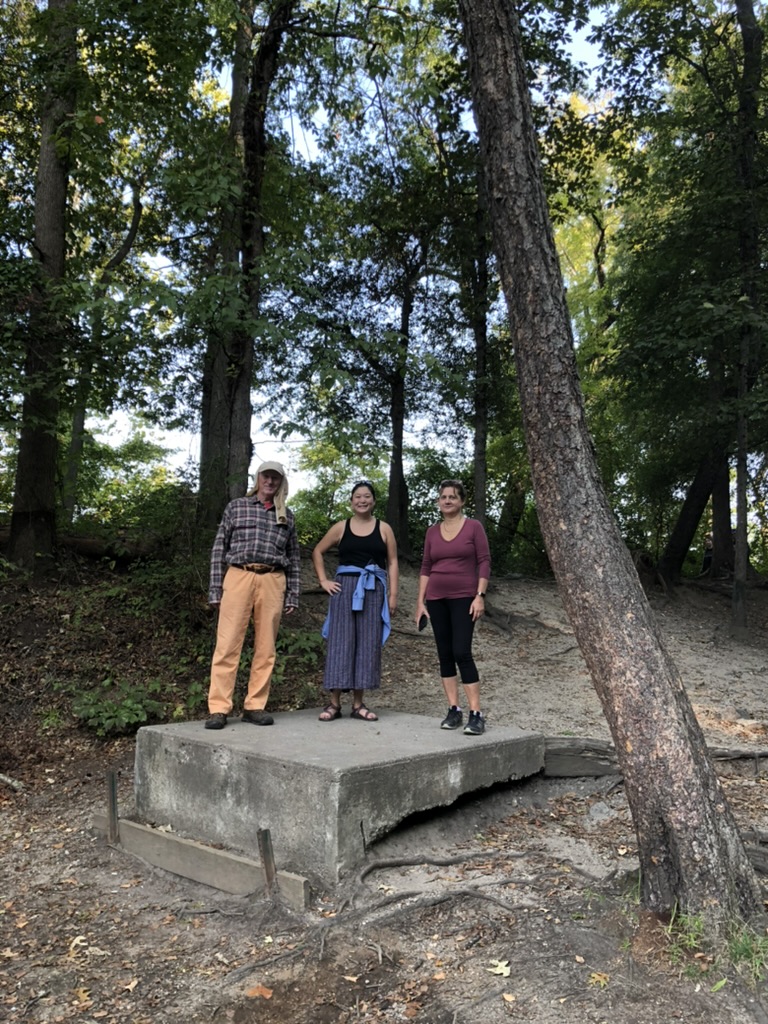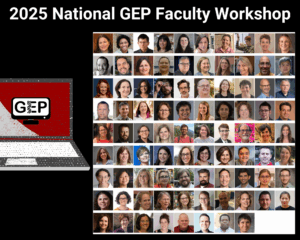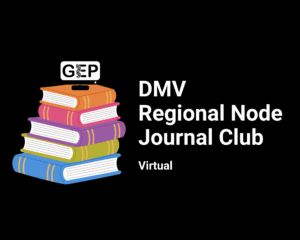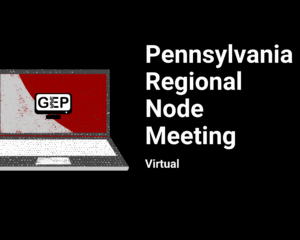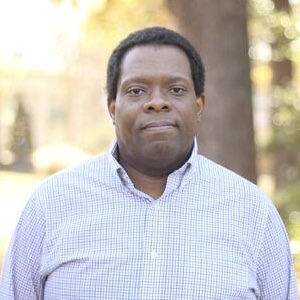The GEP’s D.C., Maryland, and Virginia (DMV) Regional Node held its Fall 2022 Regional Node Meeting on Saturday, Sept 17th at the University of Richmond. A total of 30 engaged students and faculty participated, in our full day in-person event, from the following schools: Catholic University, Radford University, Community College of Baltimore County, Stevenson University, Emory & Henry College, William & Mary, and the University of Richmond.
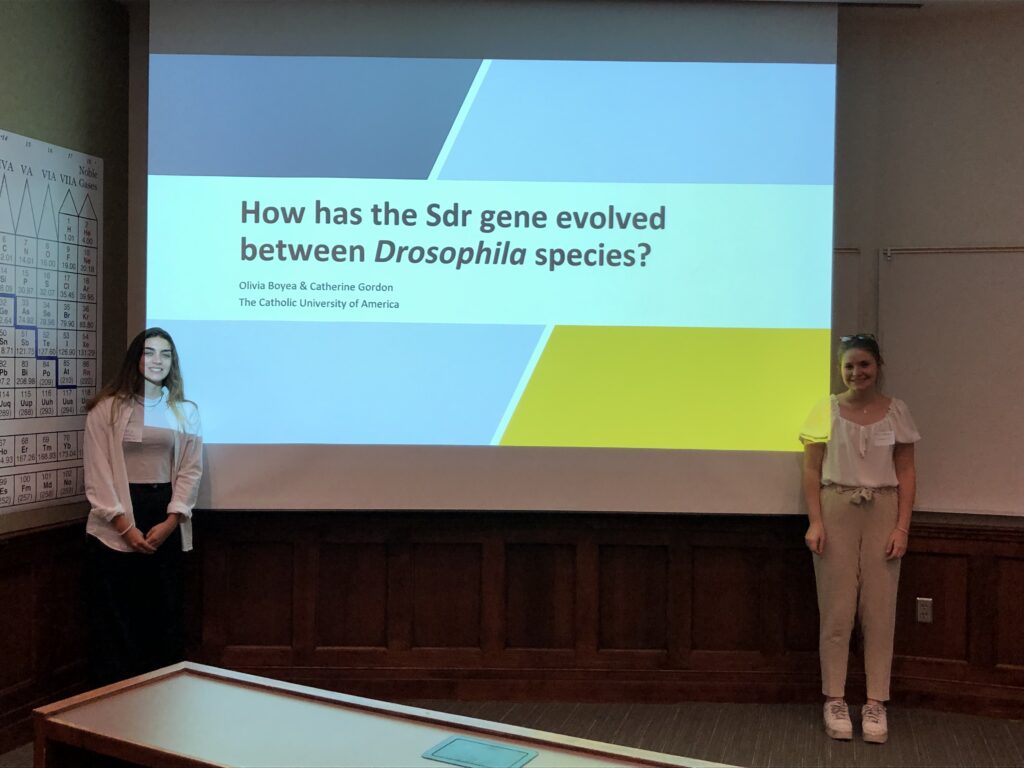
Faculty from three GEP projects were represented (i.e., F Element, Pathways, and Parasitoid Wasps), and undergraduate students had the opportunity to share results and lessons learned from their GEP annotation projects conducted through GEP Course-based Undergraduate Research Experiences (CUREs). Emily Oh, a student reconciler at Washington University in St. Louis, joined us to give a virtual talk about the “Next Steps in Gene Annotation.” There were afternoon sessions where students and faculty reviewed GEP curriculum, and then research talks by faculty. The event then retired to Bryan Park to bond over BBQ and lawn games. A Sunday morning hike at Belle Isle with faculty and friends helped further build the community; most of whom were meeting for the first time in person! This couldn’t have been done without a great group of motivated students and faculty brought together by the common cause of the GEP!!!
What worked well for your event that might help others plan similar events?
General organization was good, with a morning session that included student talks preceded by a short faculty intro of the different projects. After lunch, there was a working group to examine the curriculum, and then the event concluded with short faculty research talks about other work that might not be GEP related. The morning session worked particularly well. For this, 3 GEP projects were represented by faculty, so it was great to hear about them, and the student experiences. This session was capped off by a virtual talk about next steps in annotation from Emily Oh. She’s an undergrad who has worked on F-element reconciliation, and showed some specific data related to repeat elements. Ending with this talk provided a great perspective to understand what happens to submitted projects after they leave our hands.
What would your Node do differently based on your experiences?
The Node event organizers wouldn’t change a thing from the morning session, though not sure there should be such a student focused event every year. The afternoon sessions were a bit crunched for time, which caused the event to run behind and shorten breaks a bit more than was ideal. There also wasn’t much time as a faculty to meet and discuss curriculum as hoped. For the future, the Node Leader would like to expand time spent on a curriculum hack-a-thon by faculty.
